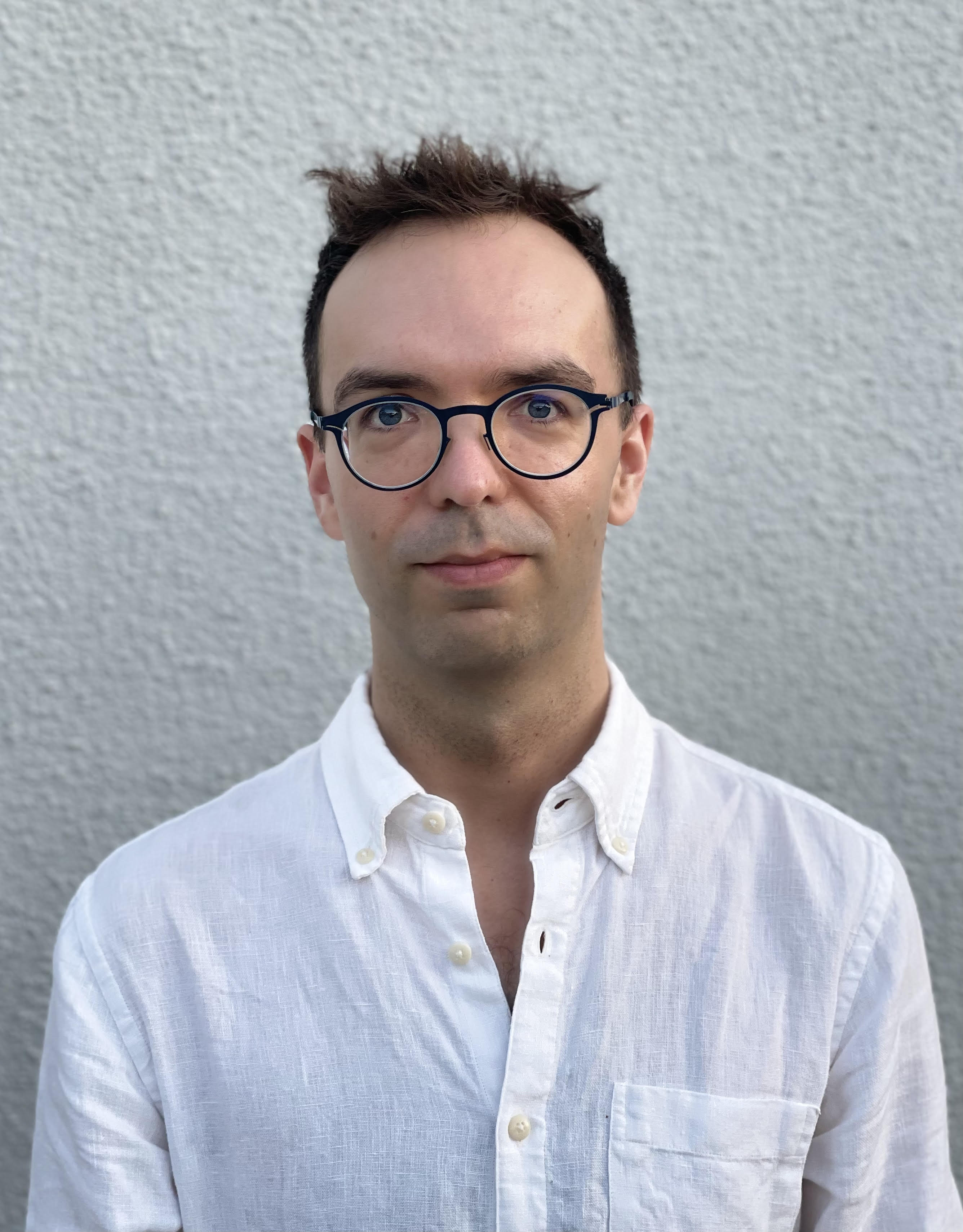
ABSTRACT:
We live among ghosts, in a world shaped by people, events, and decisions that far predate us. A new wave of immersive technologies, including 3D modeling, virtual reality, and augmented reality, can help us make these past worlds more visible, transforming how we access history and experience cultural heritage.
In this talk, I discuss examples of immersive experiences that bring history to life, from an abandoned mountaintop resort to a new tool for unlocking the archives, and discuss the challenges and opportunities of using these technologies to interpret the past. The complexity of immersive cultural heritage projects remains a particular stumbling block to wider adoption.
Ultimately, I argue that immersive cultural heritage projects need both humanists and technologists to reach their full potential.
An accompanying workshop (optional) enlists participants as curators in a virtual Museum of the Everyday. We start with a hands-on introduction using photogrammetry to create 3D models of everyday objects. Then, we brainstorm and discuss which objects from daily life could be included in such a museum, to consider when and why photogrammetry can be a particularly powerful tool.
BIO:
Sean Fraga is Assistant Professor (Teaching) of Environmental Studies and History at the University of Southern California. Fraga is an interdisciplinary environmental historian and digital humanities practitioner.
He is the creator and project director for Booksnake, a new iPhone and iPad app for viewing digitized archival materials in augmented reality, which has been supported by the National Endowment for the Humanities. His research has been published in Western Historical Quarterly, Mobilities, and Current Research in Digital History.
His book project, an environmental and cultural history of Puget Sound harbors, is under contract with Yale University Press.
Before joining USC’s faculty, he was an Andrew W. Mellon Postdoctoral Fellow with USC’s Humanities in a Digital World program. He holds a Ph.D. and M.A., both in history, from Princeton University, and a B.A. in American Studies, with distinction in the major, from Yale University.
Contact: sfraga@usc.edu